Working at It
The Robey Theatre Company, founded in 1994 by Danny Glover and I, is committed to developing, exploring, and producing plays written about the global black experience and reinterpreting black classics. Works developed through our programs include Levy Lee Simon’s Haitian Trilogy For The Love of Freedom, Tim Toyama and Aaron Woolfolk's Bronzeville, Melvin Ishmael Johnson’s The Emperor’s Last Performance, Kellie Roberts’ Transitions, Kimba Henderson’s The Reckoning, and Kurt D. Maxey’s Pity the Proud Ones. Many actors working in Robey productions have developed their discipline through Robey’s year round advanced scene workshop program which works in collaboration with plays developed by our playwrights.
Our outreach program introduces performing arts to young people in our community. Through mentorship they learn to tell their own stories, empowering them to understand they have a powerful voice and we are listening. We are presently developing a program where the personal histories of our elders will be told in an oral tradition, archived, and developed as part of the story telling process supporting and inspiring works in progress.
These commitments speak to the absolute need to preserve and contribute to the long and complicated history of a people of color.
We as a people have always been survivors and continue to be survivors of this country no matter what the odds. Since the beginnings of our history in this country we’ve had few options through which to live fully allowed by the status quo. As such, we have been forced to develop creatively, knowing that making an incorrect choice could mean our lives if not our humanity. Our constant need to observe and make life and death adjustments moment to moment has given us the kind of collective education that speaks to our creativity based in the cold, hard, and brutal facts of a culture that sought at almost every turn to exploit us for its own benefit. This history motivates Robey's leadership to take a socially conscious approach to theater-making. Appropriate, I think for a company named for Paul Robeson. Robey was Paul’s nickname.
Black theatre is grounded in our rich culture and history. It is a visceral force that has and will continue to alter our thinking and ultimately change lives. It is a potent, beautiful, sometimes tragic, inspiring, always-illuminating reality of our journey. This force in many ways because of limited resources, has been handicapped in its development. Certainly this has not stopped Robey and other theatres from forging ahead. Indeed, this reality has hardly slowed us down, but we must understand that in order to be truly progressive in our work, in order to have the capacity to execute our vision, we must communicate and share the many resources now available to us. To continue to contribute to the communities we inhabit and the American stage it is necessary to engage our own theatre community in ways that are constructive and speak to our cultural sensibilities.
These commitments speak to the absolute need to preserve and contribute to the long and complicated history of a people of color.
Every Artistic Director is a steward of the spirit of his or her theater's mission. What we strive to do at Robey is to make informed choices based on what we believe represents our community and what we believe should represent it. We ask ourselves, what will produce a revelation? This is no easy task. Sometimes we get it right, and sometimes we don't, but the very act of trying to achieve this ephemeral quality is worthy of our efforts. After all, isn’t this what the creative discovery process is all about?
To be truly successful, everyone at Robey—our board, the administration, the staff, the company of artists, designers, technicians, and the audience must recognize the value of the creative process that leads to a revelation of the human condition.They must understand this draws us to enlightenment which provokes change in how we think and consequently behave. This leap of faith is contagious to most that cultivate imagination and have a yearning for beauty. Mankind has always empowered himself to correct and improve the reality of our lives. The theater is a result of this impulse.
Many theatre companies, including Robey, have training and educational programs devoted to working with playwrights, actors, interning designers, and technicians.These programs must be developed and cultivated as much as the artists who they serve since it is through these opportunities that we will grow the most robust next generation of theater-makers and theater lovers.
This work is all consuming and it is very necessary to maintaining our community’s spirit. This work becomes a mirror to our condition. We recognize we are privileged to provide a service that present this truth and serve our constituency. The work, in turn, helps to shape who we become, which then becomes who we are.


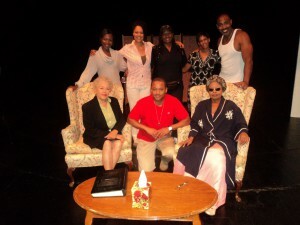

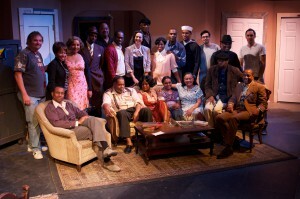
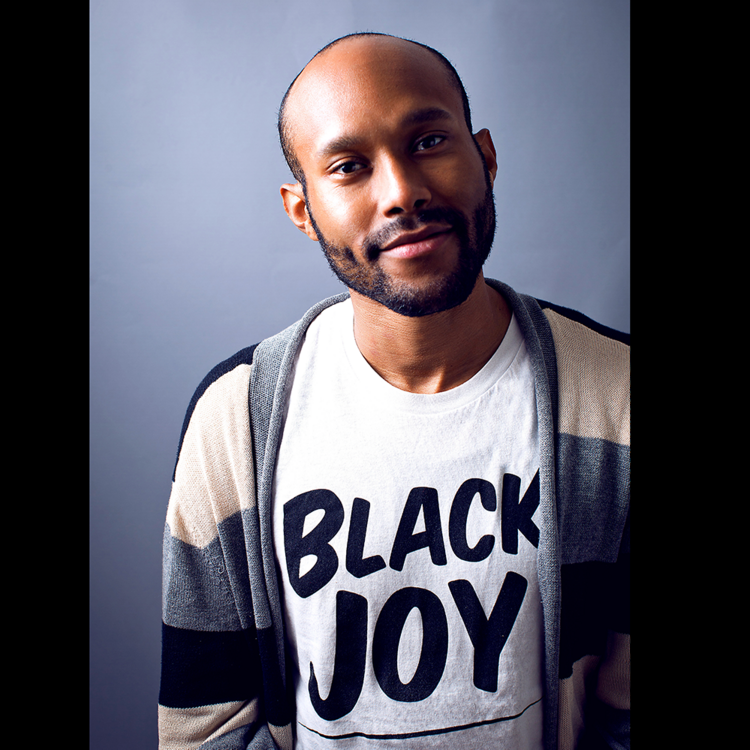
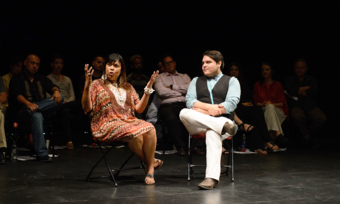






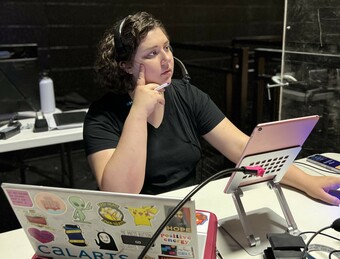

Comments
The article is just the start of the conversation—we want to know what you think about this subject, too! HowlRound is a space for knowledge-sharing, and we welcome spirited, thoughtful, and on-topic dialogue. Find our full comments policy here